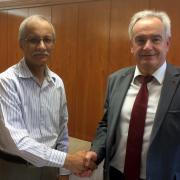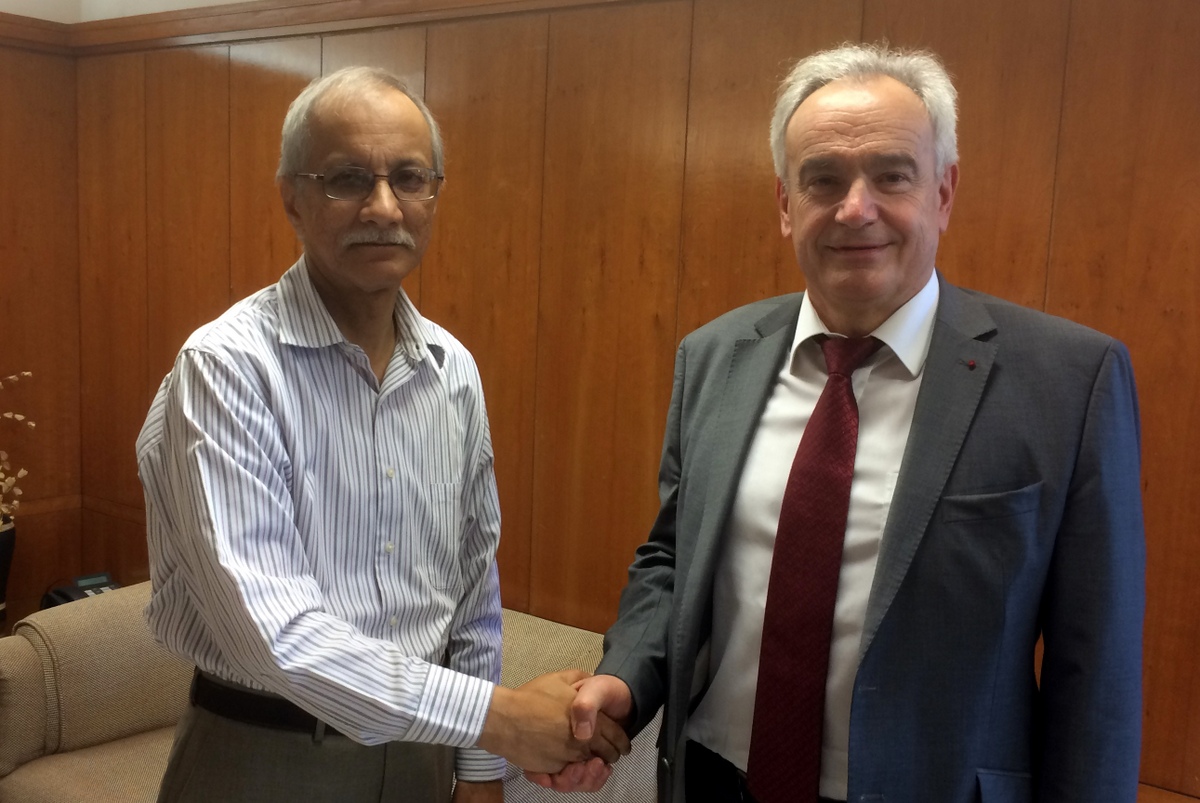
This culminates an important process in developing food standards for food additives that began about three years ago.
FSSAI has also finalized a list of food additives with respect to alcoholic beverages in alignment with International Organization for Vine and Wine (OIV) Standards. With this FSSAI has achieved a major landmark in setting of the standards for various foods in the country.
Jean-Marie Aurand, the OIV Director General, who met last March in Delhi the chairman of FSSAI, Mr Ashish Bahuguna expressed his satisfaction to see that India, who joined the OIV in 2011, will be in line with the international standards established by the OIV. He also mentioned that he is convinced that the fruitful exchanges he had with different national Authorities and professional in India allowed this alignment and will allow a better understanding and involvement of India in OIV activities.
